Commercial mixing machines stand as powerful and indispensable tools in professional kitchens and factories, elevating the efficiency and precision of culinary processes. Tailored for commercial use, mixing machines go beyond the capabilities of their domestic counterparts, offering robust features and large capacities designed to meet the demands of high-volume food preparation.
Types of mixing machines
Commercial mixers come in diverse types, each tailored to specific culinary requirements for professional uses. Planetary mixers, with their unique mixing action, are ideal for a variety of tasks, from blending ingredients to whipping cream. Spiral dough mixers, designed specifically for dough preparation, ensure thorough and consistent kneading, making them essential for bakeries. Horizontal mixers, with their larger capacity, are well-suited for high-volume production. The choice of mixing machine depends on the culinary focus and production needs of the establishment. The diversity of mixing machines ensures that commercial kitchens can select suitable mixing machines to enhance their specific culinary operations, whether it be a bakery, restaurant, or catering service.
Advantages of mixing machines
Commercial mixing machines offer distinct advantages that cater to the unique needs of professionals and other culinary establishments. Their high-capacity bowls accommodate large batches, streamlining the production process in busy factories and kitchens. The robust construction ensures durability, withstanding the demands of continuous use in commercial settings. Many commercial mixing machines come with additional attachments, such as dough hooks, beaters, or whisks, expanding their utility across various culinary applications. In addition, time-saving features, like programmable timers and automatic shutoff, add to the efficiency of mixers for baking, allowing chefs to focus on creativity and culinary artistry. The advantages of mixing machines extend beyond efficiency, contributing to the overall success and reputation of commercial factories.
Usages of mixing machines
Commercial electric mixers find versatile usages that extend beyond basic mixing tasks, meeting the varied demands of professional factories. Mixing machines can handle a spectrum of recipes, from delicate batters and dense bread doughs to dry powers including chemicals and ingredients for shampoo and perfume. The versatility in speed settings and available attachments allows users to explore diverse techniques, whether it be aerating, emulsifying, or kneading. Commercial mixing machines become essential tools for creating an extensive range of menu items, contributing to the consistency and quality expected in the realm of professional culinary and mass production ventures. Their adaptability to different fields’ demands positions commercial mixing machines as indispensable assets in the dynamic and creative environment of commercial factories.


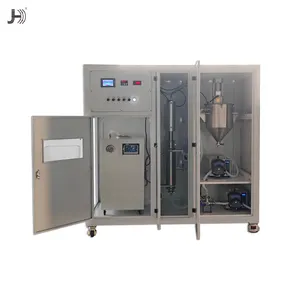





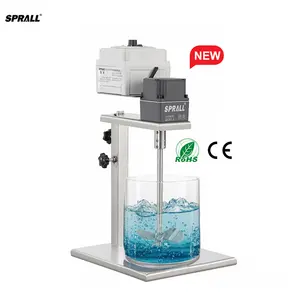

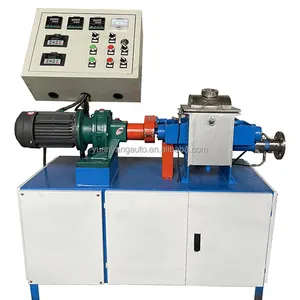


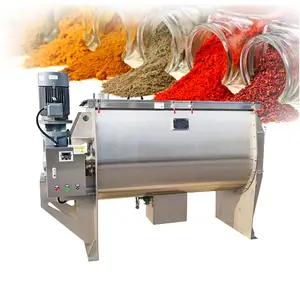
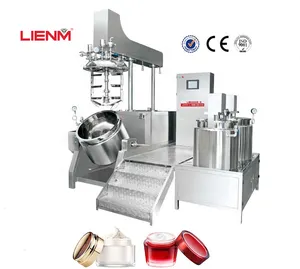

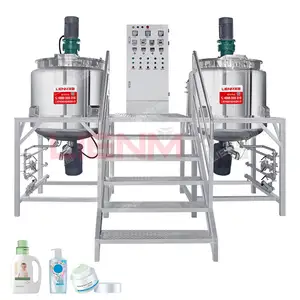
































 浙公网安备 33010002000092号
浙公网安备 33010002000092号 浙B2-20120091-4
浙B2-20120091-4